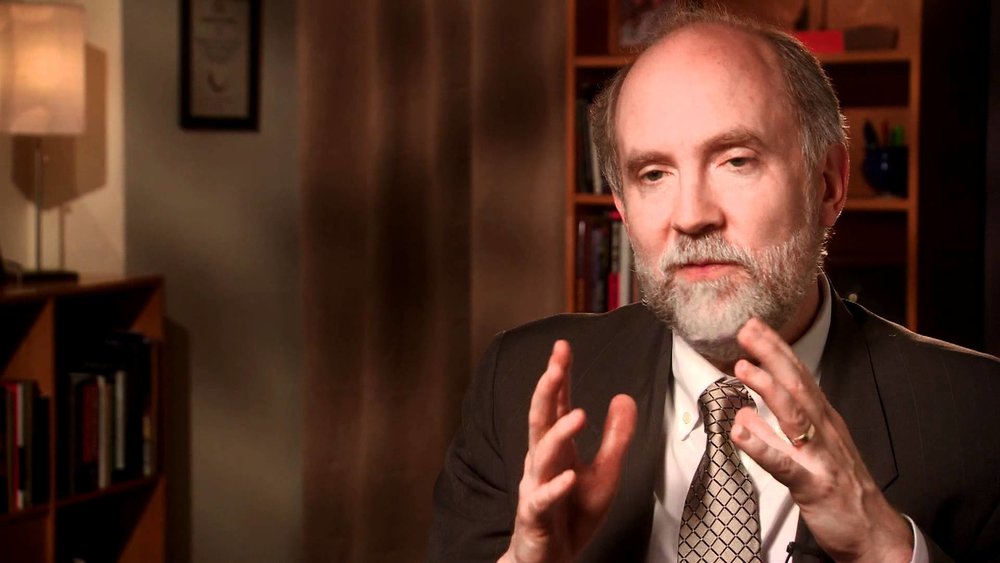Trump’s decision foolish and damaging: Matthew Bunn

TEHRAN - Matthew Bunn, a specialist in nuclear security at Harvard’s John F. Kennedy School of Government, believes that “Despite President Trump’s foolish and damaging decision, I believe it would be in Iran’s national interest to stay in a deal with the “P4+1”.”
“This would keep the United States as the focus of international blame, maintain many of the benefits Iran is getting from economic cooperation with Europe and others, and avoid a crisis that could lead to military conflict,” Bunn tells the Tehran Times in an exclusive interview.
Following is the full text of the interview:
Q: What benefits has Iran received from the JCPOA?
A: Despite President Trump’s foolish and damaging decision, I believe it would be in Iran’s national interest to stay in a deal with the “P4+1”. This would keep the United States as the focus of international blame, maintain many of the benefits Iran is getting from economic cooperation with Europe and others, and avoid a crisis that could lead to military conflict. Over time, as the Trump administration comes to an end, the United States might return to fulfilling its obligations.
While Iran did not get as much benefit from the JCPOA as it hoped, the benefits to Iran have been substantial. Iran was able to use tens of billions of dollars of its assets overseas that had been frozen. As a result of the deal, many countries began buying more Iranian oil; Iranian exports are up by over a million barrels a day, providing tens of millions of dollars every day for Iran’s economy. Iran was again able to use the international banking system SWIFT, making it much easier to buy and sell goods with other countries. While Iran’s economy was shrinking when the most biting sanctions were in place just before the deal, each of the two years since Implementation Day has seen substantial economic growth. While Iran’s economy has many difficulties, from currency issues to drought, just last month, the World Bank projected that Iran’s economy would grow by another 4.2% this year – a much faster pace of growth than the United States or Europe can hope for (though obviously their starting point is higher).
Finally, it’s worth remembering the enormous benefit of avoiding war. Without the JCPOA, and without any agreed limits on Iran’s nuclear program, there is a real chance that the ongoing crisis could have led to military strikes on Iranian nuclear facilities, with all the unpredictable consequences that might have had.
Q: What actions would best serve Iran’s national interests given the U.S. withdrawal?
A: Again, despite the United States failing to live up to its obligations, a deal with France, the UK, Germany, the whole European Union, Russia, and China is better for Iran than no deal at all. That would isolate the United States, help avoid others joining in the American sanctions, and avoid any crisis that could lead to military conflict. Staying within the deal gives Iran more leverage to convince the Europeans to continue to trade and to protect their companies from American sanctions. It would convince Russia and China even more that they can trust Iran more than they can trust the United States. It creates the opportunity to invoke the dispute provisions of the JCPOA to bring all parties together to respond to the American violation of the deal – a forum in which the United States would surely be isolated. And it leaves open the option for the United States to return to the deal once there is a new U.S. President.
Iran has fulfilled its obligations under the JCPOA, and the United States has not. But Iran should make sure that the blame for this crisis continues to rest on the United States, rather than allowing the Trump administration to begin pushing the blame on to Iran by moving to go beyond the JCPOA’s limits on Iran’s nuclear programs.
